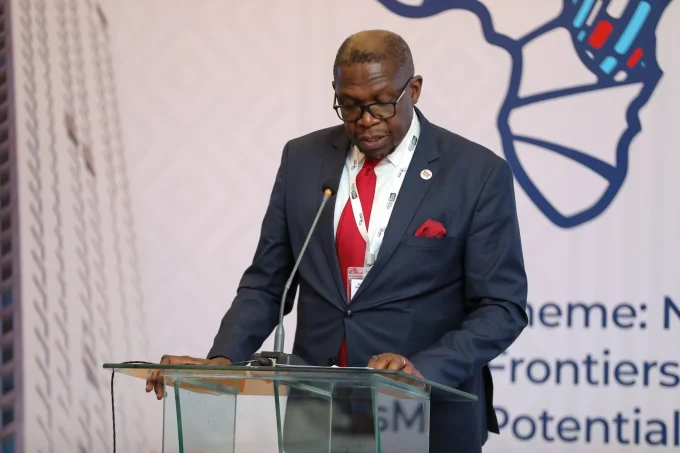President William Ruto signed the Sugar Bill on Friday at State House, Nairobi, where he extolled the benefits of a thriving sugar sector for the nation’s overall economy.
Speaking in the presence of senior government leaders, including the country’s new Deputy President, Kithure Kindiki, Dr Ruto said the legislation would “address the challenges that have crippled the once vibrant and profitable industry” as it seeks to revitalise the sector and enhance its growth through regulation, better targeting of farm support programs, and support for cane farmers nationwide.
“The Bill will enable the re-establishment of the Kenya Sugar Board, the creation of the Kenya Sugar Research and Training Institute, and the implementation of the Sugar Development Levy,” the President announced. “These measures are set to strengthen the industry by boosting production, enhancing milling efficiency, aligning capacity with cane supply, promoting value addition, and providing critical funding to benefit all stakeholders,” he said, adding, “The Kenya Sugar Board will be empowered to regulate, develop, and promote the sugar industry, coordinate stakeholders, participate in policy-making, and collaborate with government and research institutions.”
> Ruto: Public Private Partnerships Is the Way to Go!
“The Board will also oversee sugar trade, advise growers, regulate pricing, license mills, and conduct market surveillance. Additionally, it will appoint qualified crop inspectors to enforce regulations within the sector.”
Comprising 14 members from various sectors, including farmers, millers, government agencies, and the Council of County Governors, the Board will set industry standards, facilitate both local and international trade, regulate prices, and provide direct advisory support to sugar growers.
According to the President, structured funding for the Kenya Sugar Board—replacing the Sugar Directorate of the Agriculture and Food Authority—will come from National Assembly allocations and a Sugar Development Levy, capped at 4% of the domestic sugar value and cost, insurance, and freight (CIF) of imported sugar.
“Allocations include 15% for factory development, 15% for research, 40% for cane productivity, 15% for infrastructure in sugarcane-producing regions, 10% for Board administration, and 5% for sugarcane farmers’ organisations,” Dr Ruto explained.
The Kenya Sugar Research and Training Institute will also benefit from 15% of the development levy, empowering the institute to advance research and improve training standards.
President Ruto stated that, generally, the enactment of this Sugar Bill into law would facilitate the transformation of the sugar sector, which has been adversely affected since 2013, by addressing issues such as the increased costs of sugar production, declining land acreage under sugar, lack of markets for sugar, failure to control imports and exports of sugar, poor management of sugar companies, and a lack of research and cane development initiatives.
Sponsored by Navakholo Constituency MP Emmanuel Wangwe and co-sponsored by Bungoma Senator David Wakoli, the Bill was considered by both Houses and approved by the National Assembly on Monday, October 18, 2024, and by the Senate on October 29, 2024, before it was assented to yesterday.
> Ruto’s Agriculture Millions: Inside His Commercial Farms













Leave a comment